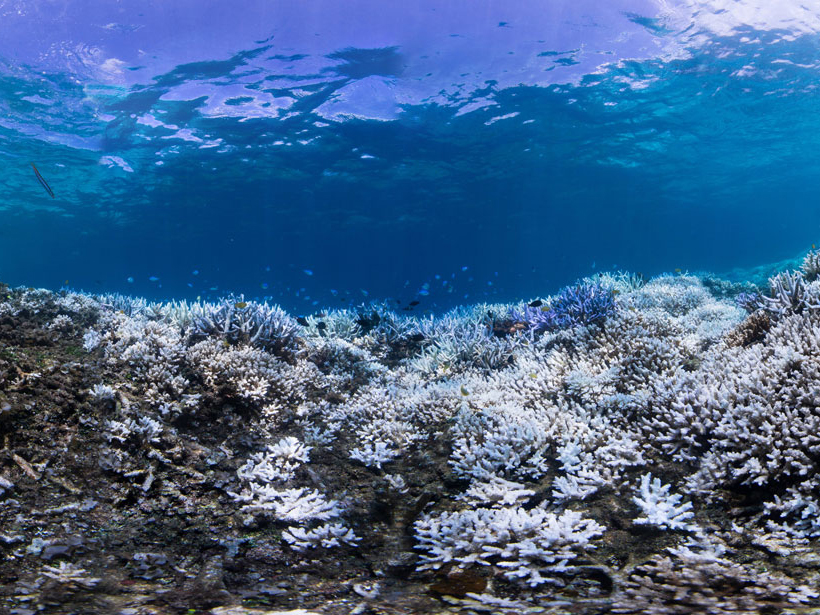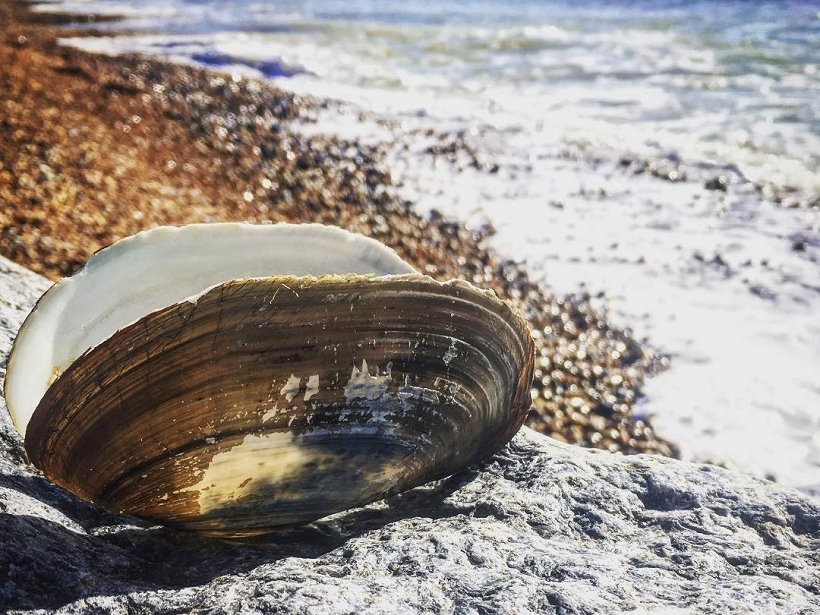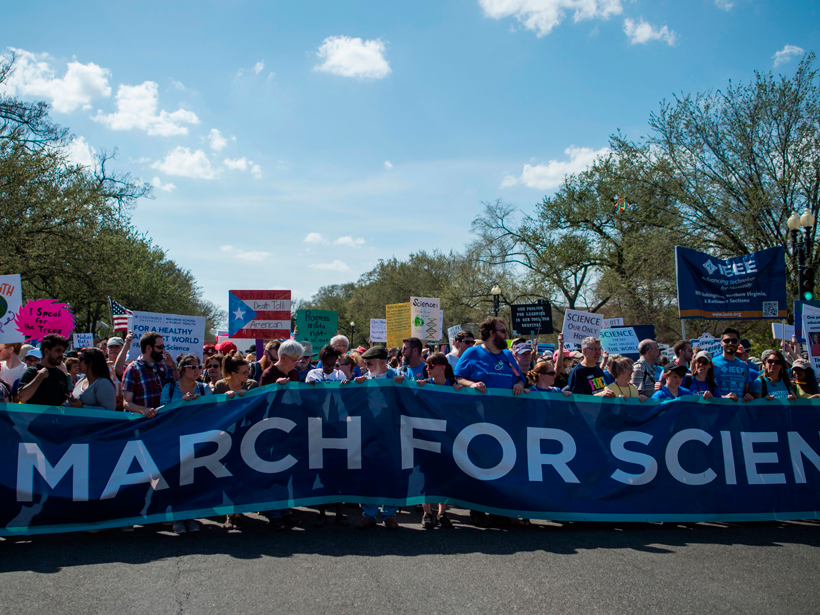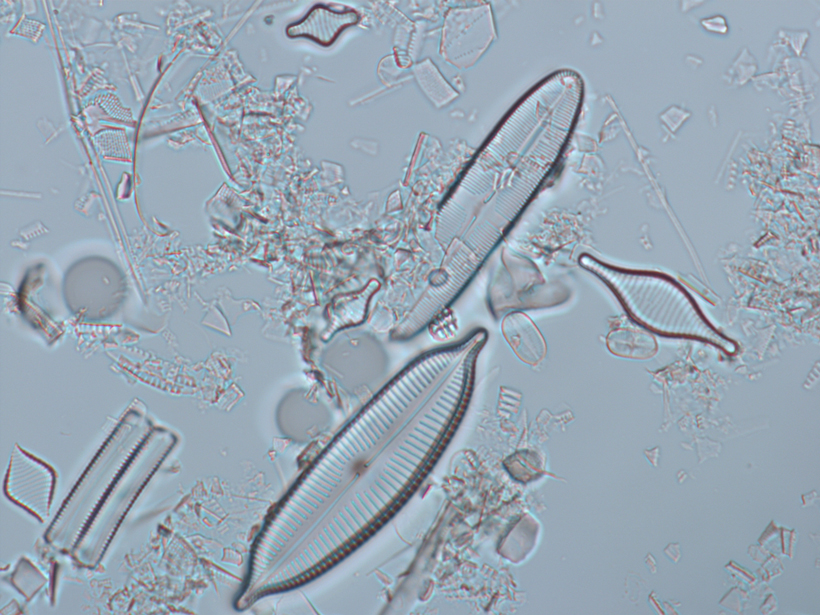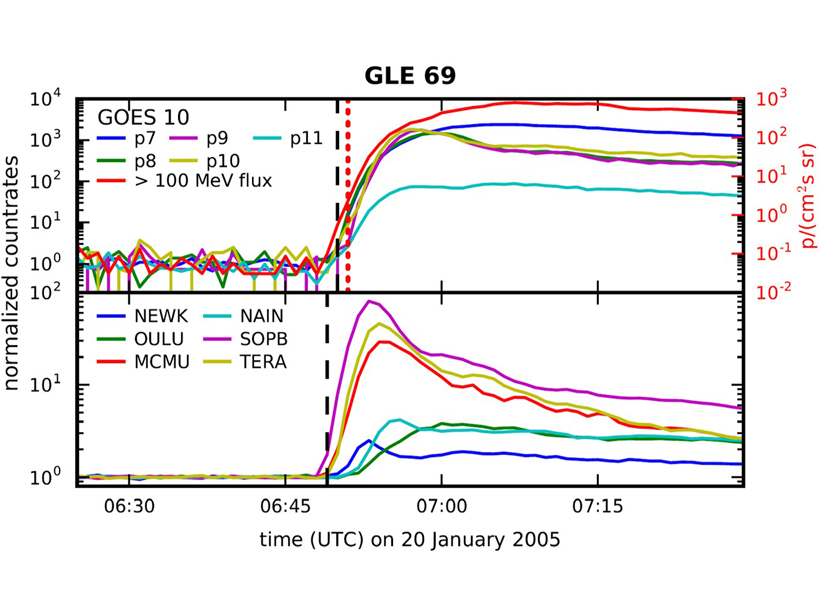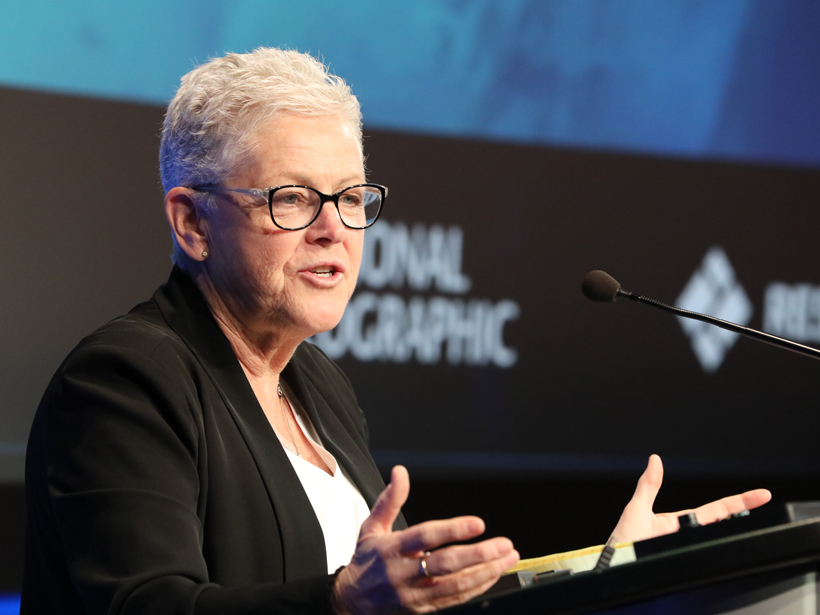From chemical puns and censorship to the spectrum of awesome and a touch of magic, signs at this year’s events showcased the science marchers’ creativity and passion…and a bit of humor.
CC BY-NC-ND 2018
Scientists Examine Novel Options to Save Coral Reefs
Warming events prompt scientists to look at ecological, genetic, and engineering interventions.
Societal Impacts Collection Continues to Grow
There have been further additions to the highly successful “Earth and Space Science is Essential for Society” collection of commentaries.
Radiocarbon in the Oceans
Offsets in radiocarbon concentration within the ocean or between the ocean and the atmosphere are particularly useful proxies for a variety of studies.
Thousands Take to the Hill to March for Science
Protestors in the U.S. capital echoed pleas from last year, calling for greater appreciation of and support for science, less political interference, and increased diversity in scientific pursuits.
Tailoring Aerosol Injections to Achieve Desired Climate Effects
Two-dimensional simulations of sulfate aerosol injections suggest that solar geoengineering projects can be customized to maximize solar reflection and help achieve potential climate objectives.
Playing Their Way into the Geosciences
Childhood recreational experiences help explain gender disparity and other differences in undergraduate students’ spatial abilities, researchers found.
Australian Algae Aid Understanding of Ecosystem Resilience
Wildfires may have driven a critical ecosystem transition in Tasmania’s Lake Vera more than 800 years ago.
Catching the Oncoming Radiation Storm
Improved processing enables satellite-based radiation sensors to match ground-based sensors in providing prompt warnings of the onset of atmospheric radiation storms that can endanger civil aviation.
Former EPA Chief Decries Attacks on Science
Gina McCarthy also expresses concern about the current state of the agency.


